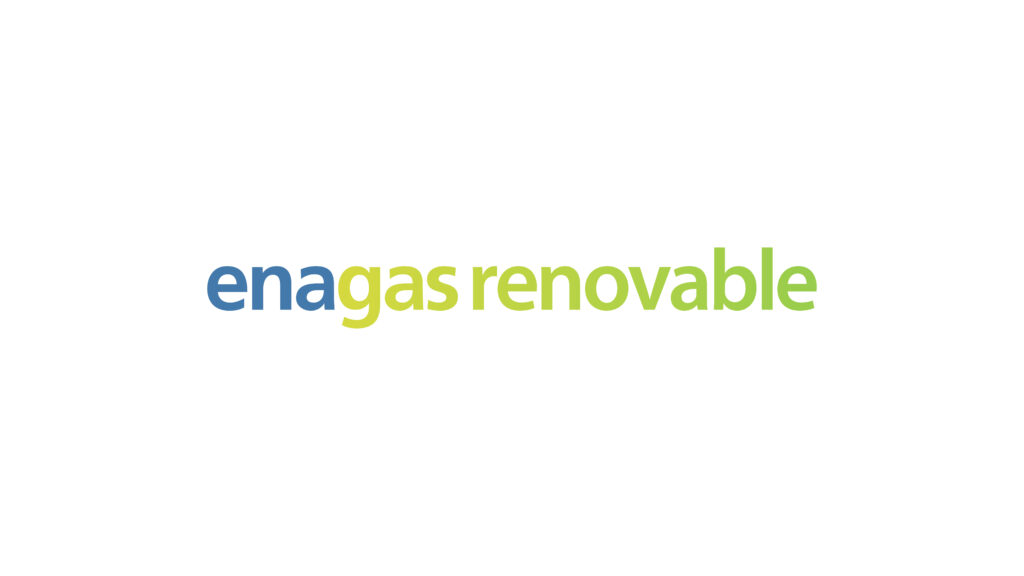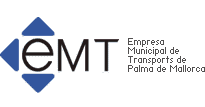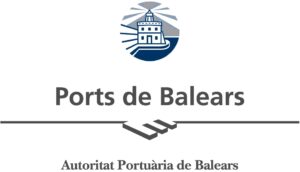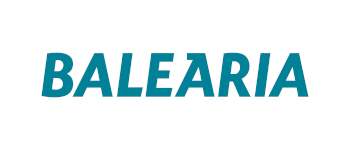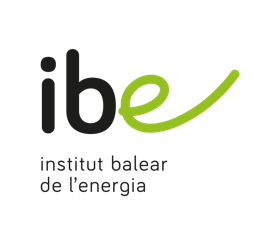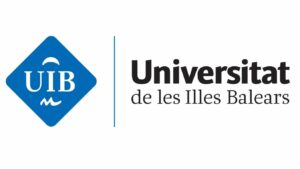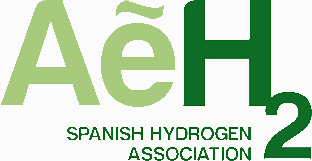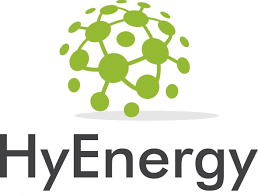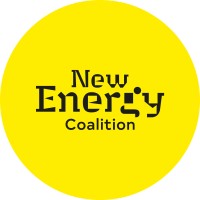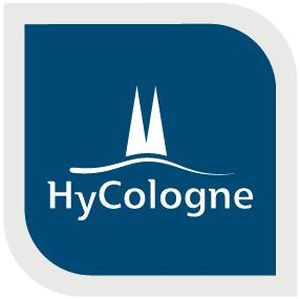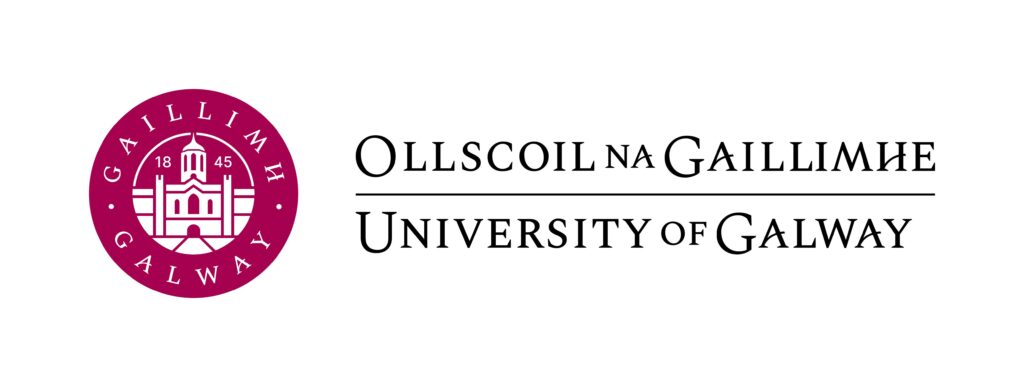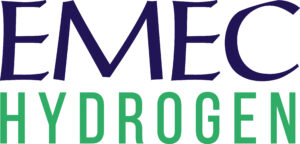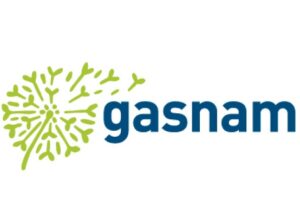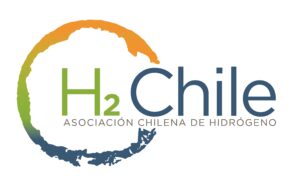Who we are
To meet the project goals, a balanced and multi-disciplinary consortium has been configured, covering the whole value chain in the project and coming from industry (large and small), public bodies, research and academia and community organizations.
Enagás Renovable
Enagás Renovable has a portfolio of more than 50 specific projects in Spain in the field of renewable gases and decarbonisation, which represents one of the largest European platforms for renewable gas projects. Currently, its shareholding structure is made up of Enagás (60%), Hy24 —a joint venture formed by Ardian and FiveT Hydrogen— (30%), Pontegadea (5%) and Navantia —SEPI— (5%).
The activity of Enagás Renovable is focused on:
- Green hydrogen projects: different types of projects depending on their main final applications (industry, mobility and blending).
- Biomethane projects: upgrading of existing biogas plants and development of integrated solutions.

ACCIONA
ACCIONA is a global operator in renewable energies which produces emission-free clean energy for near seven million homes across the planet, helping to make progress towards a more sustainable energy system.
Redexis
Redexis is an integrated energy infrastructure company that is active in the development and operation of networks for the transmission and distribution of natural gas, liquefied petroleum gas, renewable gas and hydrogen.
EMT Palma
EMT Palma is the main passenger transport operator in the metropolitan area of Palma, carrying more than 43 million passengers per year. It is a 100% public owned company whose only stockholder is the City Council of Palma. Thanks to a fleet of 175 buses and over 675 employees, EMT Palma delivers a high-quality service to both residents and tourists visiting Palma.
CALVERA
CALVERA Hydrogen is one of the most experienced companies in Europe in the storage and transport of high-pressure hydrogen. Since 40 years, CALVERA provides turnkey solutions including engineering, design, manufacture, approval and commissioning, for all leading gas and new H2 energy companies.
Autoridad Portuaria de Baleares
The Port Authority of the Balearic Islands is responsible for running the following ports: Palma, Alcúdia, Maó, Eivissa and La Savina. These five ports are located on four of the Balearic archipelago’s islands (Mallorca, Menorca, Ibiza and Formentera), and they are also the main ports for passengers and goods.
COTENAVAL
COTENAVAL was founded on January 2008, with the aim of providing advice and consultancy services in technical areas of the Maritime sector. Their projects are focused on four key areas: Advice and Consultancy, Design, Control and Project Management and Assistance to Fleet Operations.
BALEARIA
BALEARIA is the leading line for passenger and freight transport on Balearic Islands crossings, while also linking Ceuta, Melilla and the Canaries to the Spanish mainland. At the international level it provides services in Morocco, Algeria and the Caribbean. The company is a global pioneer in the use of natural gas. Baleària is committed to placing technology at the service of customers on board its smart ships, as well as the use of big data to improve efficiency.
Institut Balear de l’Energia
The Institut Balear de l’Energia is the energy public company of the Government of the Balearic Islands that is tasked with executing energy transition projects. The Institute also provides general support to the policy making process of the Government on climate and energy.
Universitat de les Illes Balears
The University of Balearic Islands (Universitat de les Illes Balears), established in 1978, is the only Higher Education institution in the Balearic archipelago. It currently employs a 1.388 teachers and researchers, with about 14.000 enrolled students. According Times Higher Education World University Rankings 2020 UIB is between the 101 and the 150 best universities in less than fifty years around the world, and ranks third among Spanish universities.
Aragon Hydrogen Foundation
The Foundation for the Development of New Hydrogen Technologies in Aragon (FHa) is a private non-profit organization promoted by the Regional Government, other public bodies and private companies.
Centro Nacional del Hidrógeno
The Spanish National Hydrogen Centre (CNH2) is a Research and Development Centre, devoted to scientific and technology research in all fields related to hydrogen and fuel cells technologies. The Centre has been created as a Consortium between Spanish Ministry of Science and Innovation and Castilla-La Mancha Government.
Asociación Española del Hidrogeno
The Spanish Hydrogen Association (AeH2) promotes the development and implementation of hydrogen technologies and solutions in Spain since its foundation in 2002. Its main goal is to bring the benefits of this energy vector to the Spanish society by strengthening the hydrogen industrial network.
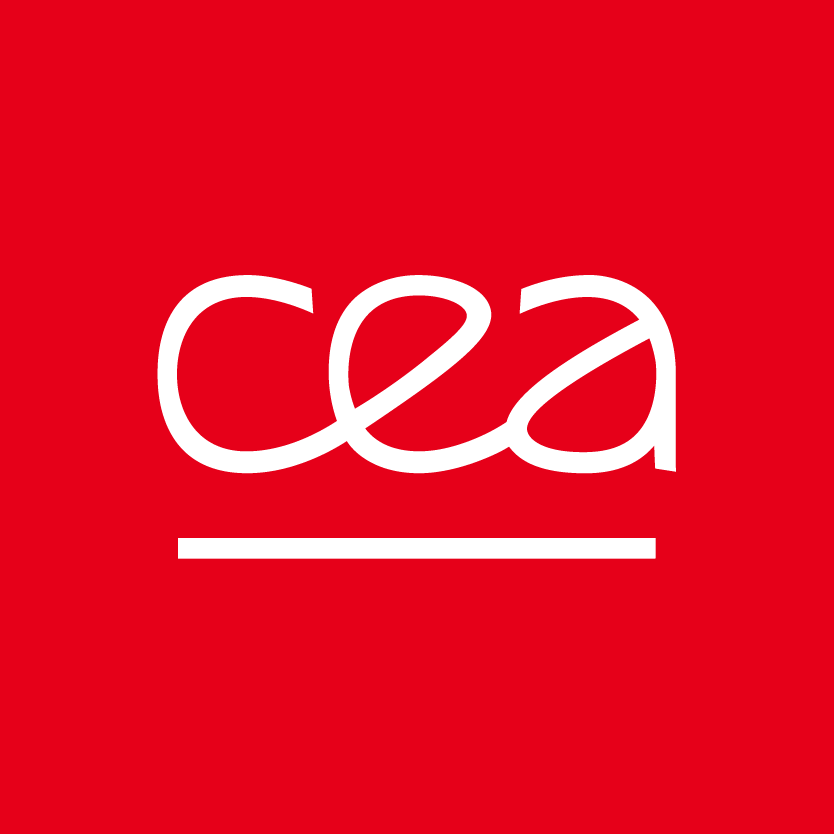
Commissariat à l’Energie Atomique et aux Energies Alternatives
Commissariat à l’Energie Atomique et aux Energies Alternatives (CEA) is a French governmental research-and-technology organization with activities in Energy, Information Technology, Healthcare, Defense and Security.
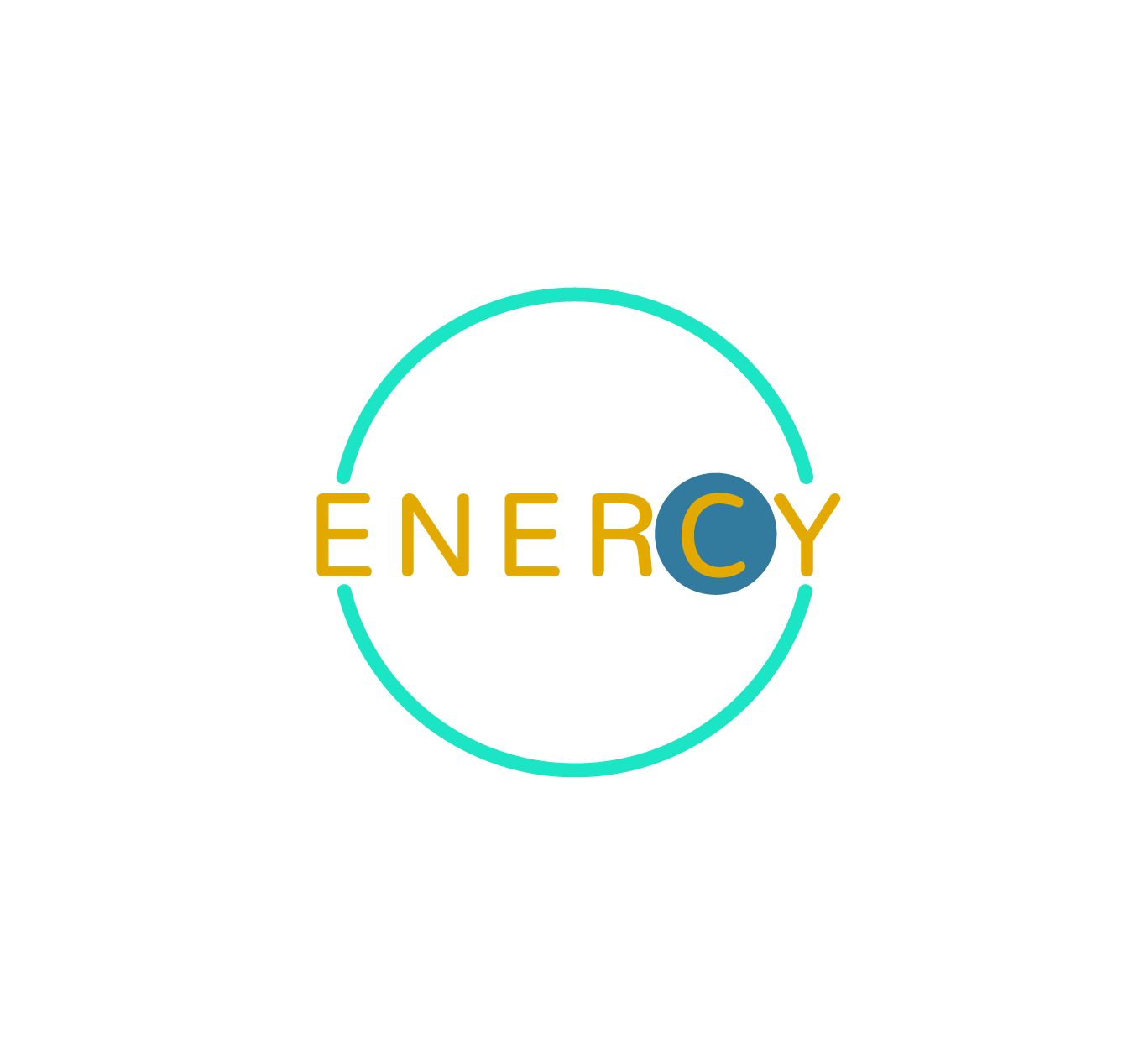
Enercy
Co-designer of GREEN HYSLAND, Enercy is an international engineering consultancy specialised in the Clean Energy Transition through the development and deployment of Green Hydrogen Hubs.
HyEnergy Consultancy Limited
HyEnergy Consultancy Limited (HYE) is an experienced consultancy specialising in uniting the hydrogen and energy communities by supporting the delivery of new, clean technical solutions for a sustainable future.
New Energy Coalition
New Energy Coalition connects knowledge and networks in order to provide a substantial contribution to the energy transition – nationally and internationally. We strive to operate as a broad coalition of knowledge institutions, policy makers and market parties to make the world more sustainable. We know energy transition!
HyCologne
HyCologne networks 40 municipalities, companies and research facilities to develop future-oriented hydrogen-projects in the greater Cologne area. Already 11 years ago HyCologne took the initiative to use by-product hydrogen from the regional chemical industry for powering public fuel cell busses in the Rhineland Region. That laid the foundation for one of the biggest hydrogen bus fleets in Europe today. In the HyCologne network, HyCologne GmbH takes over the current project business.

FEDARENE
FEDARENE, the European Federation of Agencies and Regions for Energy and the Environment is the primary European network of regional organisations which implement, co-ordinate and facilitate energy and environment policies.
National University of Ireland Galway
Established in 1845, the University of Galway is a research-led university in the West of Ireland and is ranked in the top 1-2% universities worldwide. Comprised of an international student body of over of 17,000, with over 1,000 studying at MSc/PhD levels, it has over 2,500 staff members.
European Marine Energy Centre
Established in 2003, EMEC is the world’s leading facility for testing wave and tidal energy converters in real sea conditions. The organisation has expanded activities into new sectors including green hydrogen. Using Orkney’s renewable energy to produce green hydrogen, EMEC is a partner in a growing number of innovative energy systems and hydrogen demonstration projects, driving the development of the local hydrogen economy, and working alongside stakeholders to decarbonise power, heat and transport.
Gasnam
The Iberian natural, hydrogen and renewable gas association for mobility – Gasnam – is an association that promotes the use of natural gas, biomethane and hydrogen in road and sea transport. It counts 130 members from multiple sectors from Portugal and Spain.
University of La Laguna / Tenerife
The University of La Laguna, located in the Canaries, has more than 200 years of history open to the world. With over 23,000 students, more than 1,800 lecturers and 800 ancillary staff, the ULL offers a wide catalogue of high-quality degrees and research programmes ranging from all the humanities to the exact sciences.
Energy Co-Operatives Ireland Limited
Energy Co-Operatives Ireland Limited (ECI) is a co-operative renewable energy consultancy promoting community access to the benefits of renewable energy.
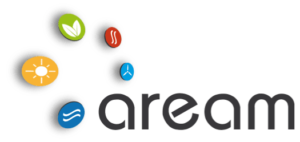
AREAM
AREAM is the regional energy and environment agency of the Autonomous Region of Madeira, Portugal. Its main purposes are the promotion of energy efficiency, use of renewable energy resources and protection of the environment, namely by supporting local and regional authorities, energy suppliers and end-users, as well as developing research activities, studies and projects in these areas.
Ameland
Ameland municipality is the public municipal council of Ameland, one of the West Frisian Islands, off the North coast pdf the Netherlands, with a population of circa. 3,700 as of 2019.
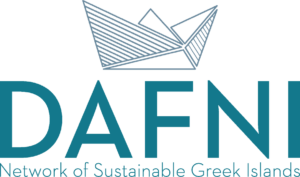
DAFNI
Network of Sustainable Greek Islands (DAFNI) is a non-profit organization established in 2006 that brings together the majority of Greek island local and regional authorities and seeks to create opportunities and support initiatives towards their sustainable development.
Chilean Hydrogen Association
The Chilean Hydrogen Association (H2 Chile) is a non-profit industry association. Its objective is to accelerate the energy transition by promoting hydrogen and its use as an energy vector in industrial, commercial, residential and mobility applications. It intends to position Chile as one of the leading countries in the production and export of green hydrogen. The members come from the private, public, and academic sectors with close to fifty professionals and 34+ world leading companies. With the current associates, H2 Chile can cover the entire green hydrogen value chain.
